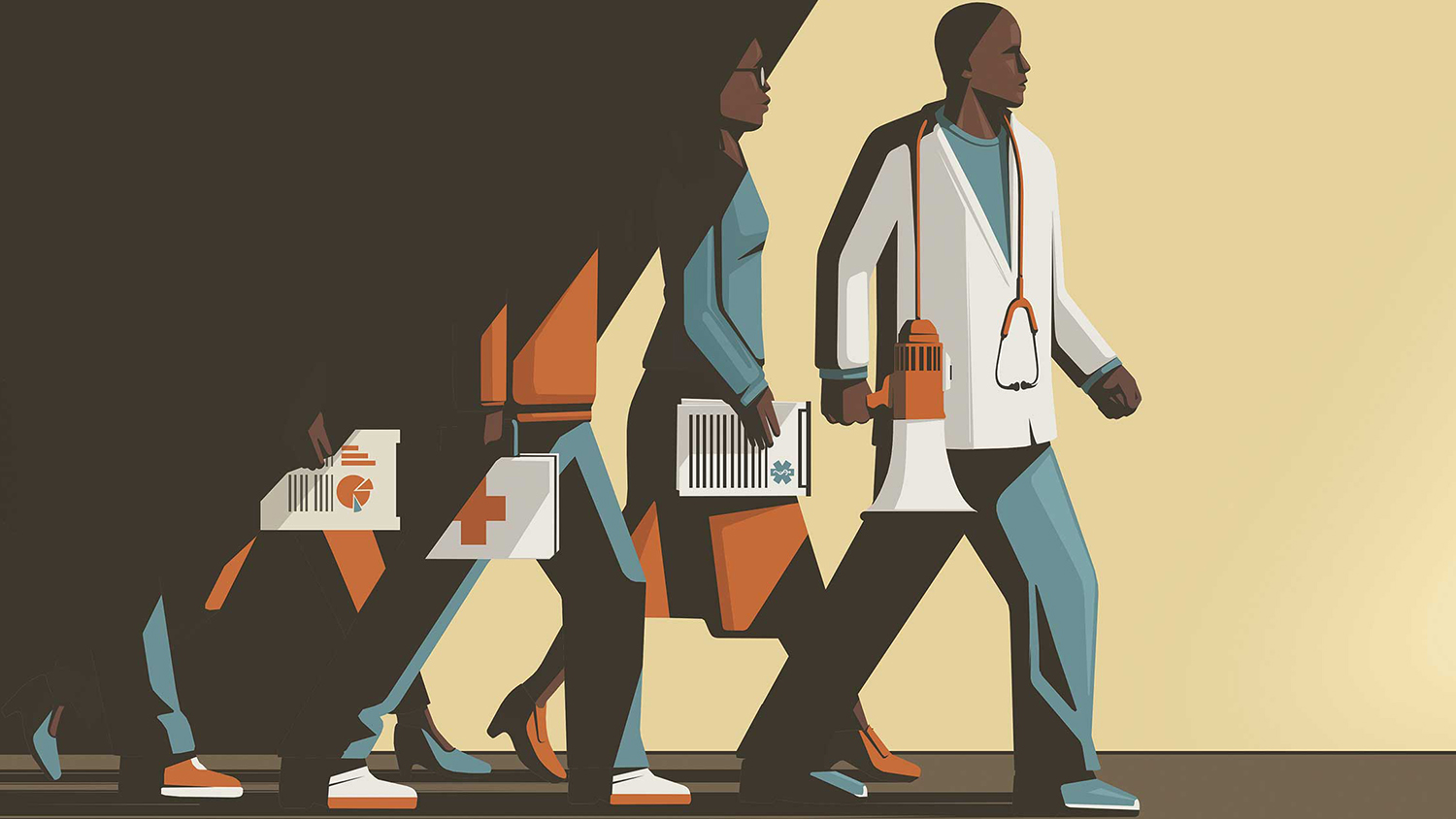Rethinking Race in Health
An NC State psychologist calls for her field to acknowledge how racism affects health disparities.

COVID-19 has underscored the racial health disparities that have been prevalent in our country for years, especially as they relate to African-Americans. In April, the Centers for Disease Control reported that African-Americans comprised a third of all coronavirus hospitalizations nationally. The national trends line up with North Carolina, where African-Americans account for almost 30 percent of the state’s cases and one-third of N.C. deaths.
But health disparities already existed with issues like coronary heart disease and maternal and child health. Vanessa Volpe, assistant professor of psychology, has long studied racial health disparities and how to address them, specifically in cardiovascular disease. “One of the main vehicles through which I approach that is thinking about racism as a determinant of health,” says Volpe, an applied developmental health psychologist who runs the Black Health Lab, which studies ways African-Americans resist systems of oppression and preserve their health.
Acknowledging that institutional racism has long been detrimental to African-Americans’ health would enable psychologists to shift from focusing solely on the individual to the system the individual is in, she says. The next step is to apply a framework known as Critical Race Theory to psychology. The method views race as a historical construct and analyzes the resulting power structures. So instead of just prescribing a treatment to an African-American client about their health struggles, a psychologist may want to reflect on why the client may be reluctant to take the recommendations of the provider. It could be they are wary, Volpe says, of medical advice from a field responsible for eugenics and the Tuskegee Syphilis Study.
Volpe says psychologists could encourage counter-storytelling, which is an expression, like slam poetry, that counters a traditionally accepted view of history. The field should feature more African-American caregivers and providers. And as part of the framework, she says there needs to be more training for psychologists to involve community members in research. Then, she says, the field can help “recalibrate power” toward African-Americans, working locally to understand their priorities and what they see as their biggest health challenges. That way, psychologists would be communicating that “we not only want you engaged,” Volpe says, “but we want to put decision-making in your hands, too.”
— Chris Saunders
This story appears in the summer 2020 issue of NC State magazine. Members receive the award-winning publication in their mailboxes every quarter.


